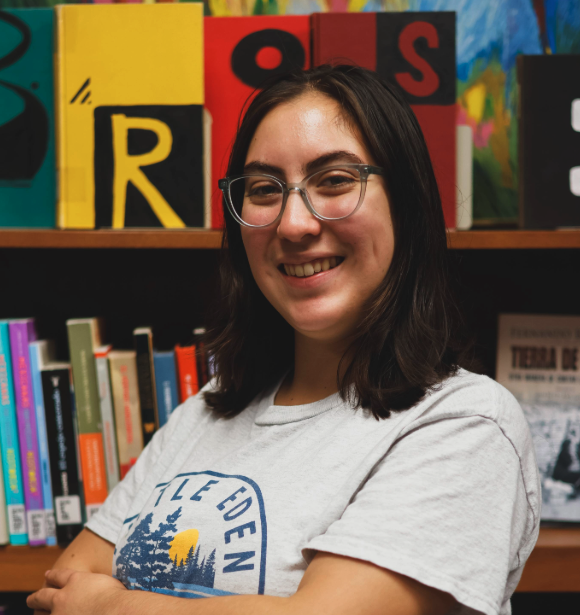When people think of a Mexican woman, they think of someone who has dark skin, brown eyes and thick black hair. The last person they would feel is Mexican … is me. I am considered the opposite of Mexican to most people because of my skin color. In our current society, skin color is often perceived as everything.
"Skin color, ethnicity and other aspects of our lives should not be decided by the perspectives of people who do not live our lives every day."
— Salena Witmer
Growing up, my brothers had darker skin than I did. They looked more Mexican to everyone around us, which was difficult to hear because it meant that I would never be “Mexican” enough for anyone.
A few years ago, I took a DNA test to understand myself better, but also to confirm that I am Mexican. It felt degrading to recognize that I did not feel like myself or that I did not believe myself or my parents about what they told me regarding my ethnicity.
I was frustrated because no matter how many times I told myself that I am Mexican, the people around me would tell me that I am not Mexican. What was I supposed to believe? What was I supposed to think? What am I supposed to feel about myself, my culture and my identity?
In my freshman year of college, we read the book “Make Your Home Among Strangers” by Jennine Capó Crucet. The book talks about the main character moving from one town to another. She stood out at university because of her skin color. There were instances where the main character was blamed for things she did not do.
As a Mexican woman, in middle school, I had some white classmates tell me some racist things.
They told me to return to my country because “illegal aliens” should not be allowed to live in the same country as everyone else. I was told that being Mexican means I am involved in drugs, alcohol, gangs etc.
That was difficult to hear as a middle school student. I was never told something so horrible in my life. Those comments caused me to dislike myself more than I already did because of other comments that were made about me.
When a group of people tells you that you are a mistake because of who you are, that can be damaging to a person. Especially when that person is a young middle school student.
How was I supposed to process those comments without feeling like my existence was a mistake?
Even as an adult, people are still surprised that I am Mexican. Most Hispanic people speak to me in English because they automatically assume a “gringa” (a Spanish word meaning “white girl”) doesn’t know how to speak Spanish or understand it. However, I can understand every word they say to me.
Being Mexican is not eating avocado, being loud and family-oriented parties — it means more than that. When people ask me about my least favorite food, I mention avocado, and they ask me, “How can you be Mexican and not like avocado?”
They ask this question in the most judgmental way because they do not think I can understand what being Mexican means. They start to explain the way they think Mexicans should act.
Skin color, ethnicity and other aspects of our lives should not be decided by the perspectives of people who do not live our lives every day.




